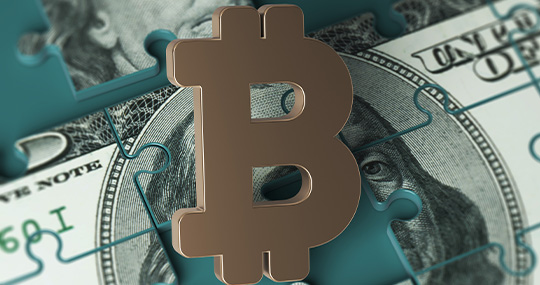

Internet fraud legal aid, Internet fraud fund recovery, Internet fraud legal services, Internet fraud compensation, Internet fraud complaints, how to recover Internet fraud funds, Internet fraud victim assistance, professional fraud law firms, international fraud fund recovery services, free Internet fraud legal consultation,
Electronic fraud, fraud pursuit, online financial fraud, Internet fraud reporting, fraud helpline, Internet fraud legal support, Internet fraud experts, Internet fraud solutions, Hong Kong fraud lawyers, Taiwan fraud lawyers,
Internet fraud, Internet fraud, fraud recovery, fraud fund recovery, fraud lawyers, fraud victims, Internet fraud lawyers, Internet fraud victims, fund recovery, asset recovery, fraud complaints, fraud legal consultation, fraud lawyers, fraud claims, legal aid, legal consultation, fraud legal services, international fraud recovery, cybercrime, cybersecurity, Internet fraud legal aid, Internet fraud fund recovery, Internet fraud legal services, Internet fraud claims, Internet fraud complaints, How to recover funds from online fraud, assistance for online fraud victims, professional fraud law firms, international fraud fund recovery services, free online fraud legal advice, electronic fraud, fraud recovery, online financial fraud, online fraud alerts, online fraud helpline, online fraud helpline fraud legal support, online fraud experts, online fraud solutions, fraud lawyers in Hong Kong, fraud lawyers in Taiwan
Welcome to Financial Legal Aid.
Cryptocurrency USDT tracking and fraudulent fund recovery
Whether it's cryptocurrency scams (including USDT, USDC, BTC, ETH, etc.), investment traps involving online fraud, or even USDT wallet scams or other forms of fraud, we will combine the latest technology and years of experience in the cryptocurrency field to fully recover your funds lost in the cryptocurrency field and other areas!
Appointment













































